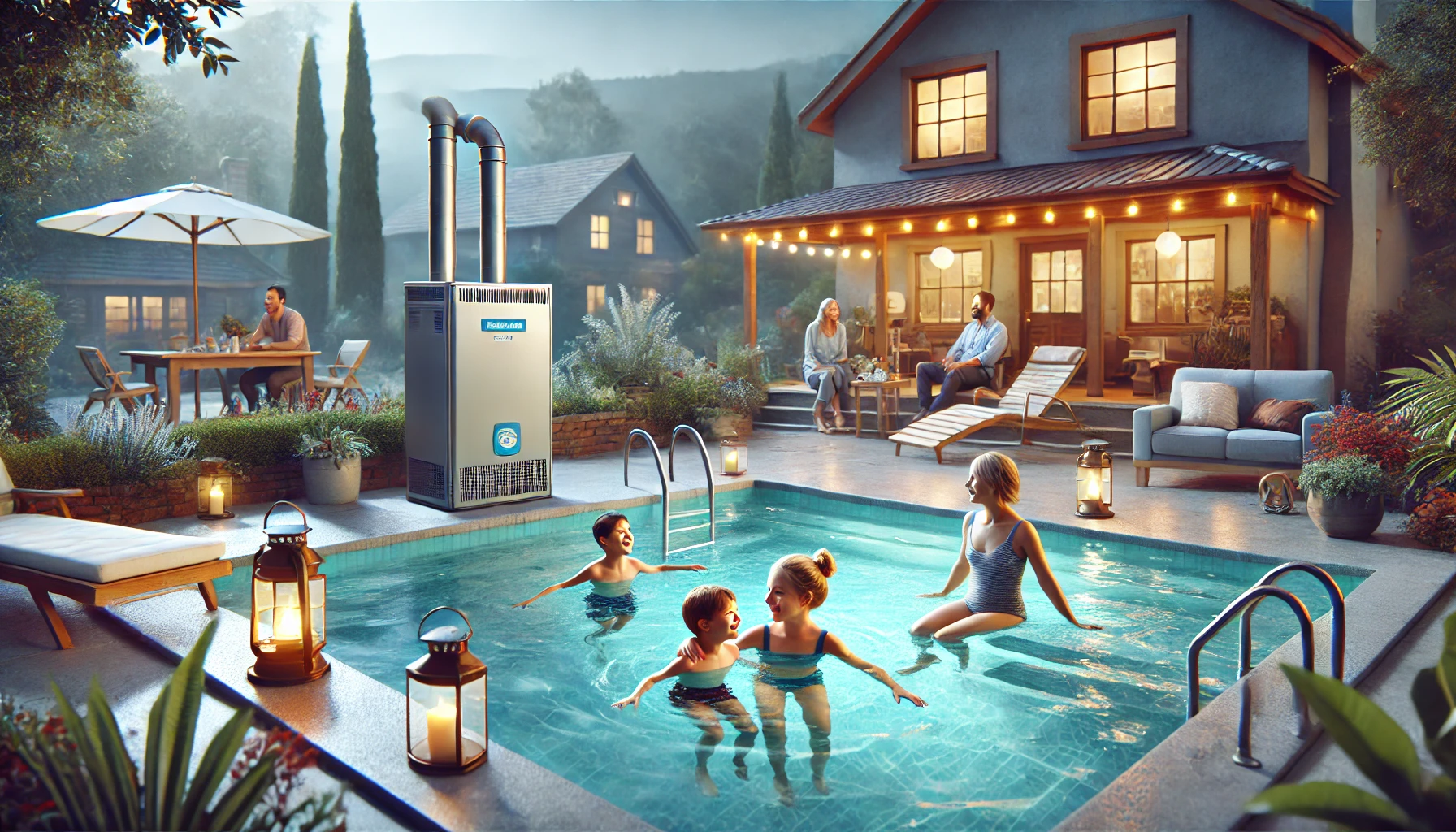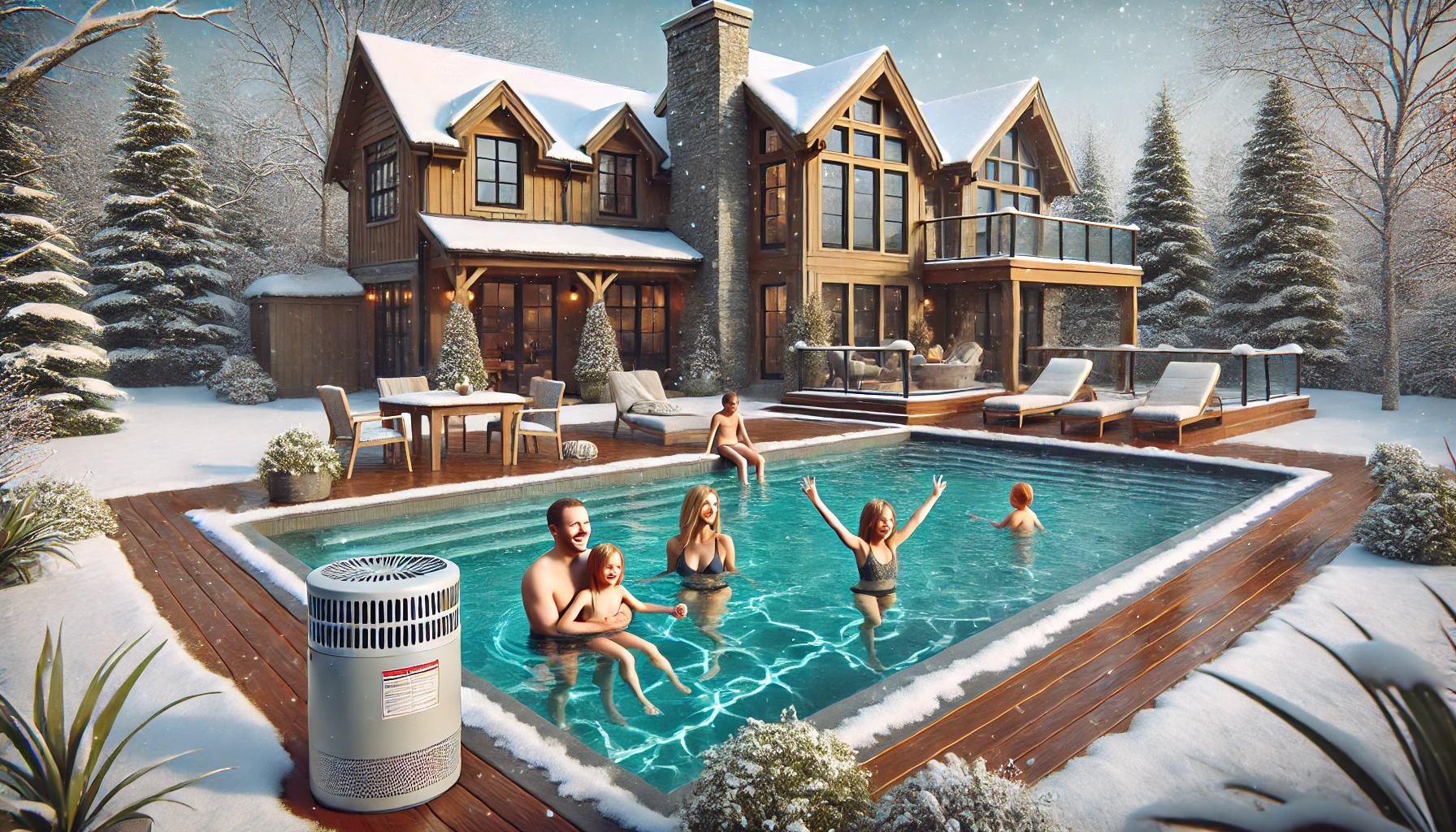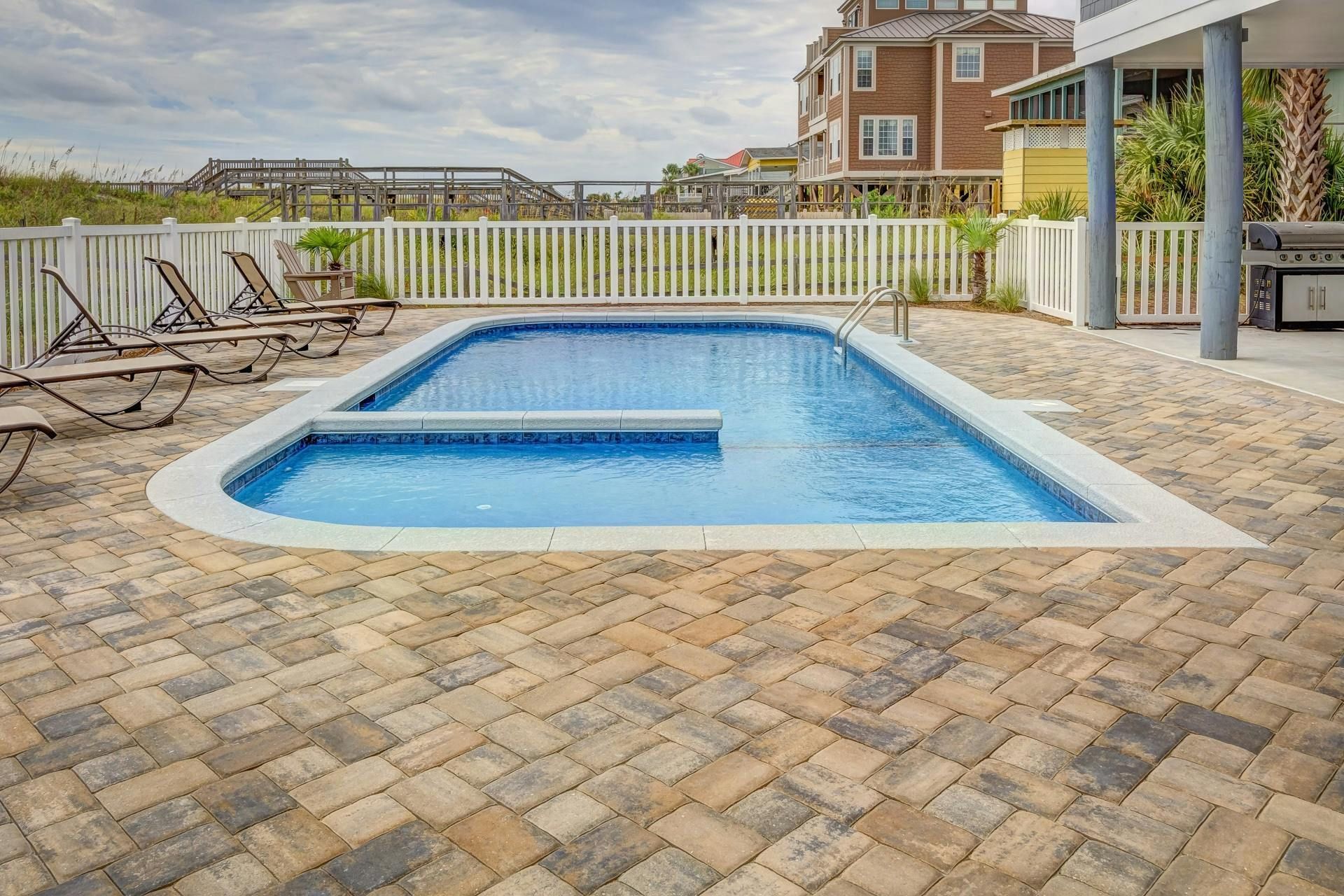The Ultimate Guide to Choosing Between Tank, Tankless, and Indirect Water Heaters: Pros, Cons, and the Right Choice for Your Home
November 14, 2024
Selecting the right water heater for your home can feel overwhelming with so many options on the market. To help you make an informed decision, we’ve broken down the pros and cons of three popular types: tank, tankless, and indirect water heaters. Each has its own set of benefits and drawbacks, and understanding these can make all the difference in your investment.
Here’s what you need to know:
Here’s what you need to know:
1. Tank Water Heaters
Pros:
- Affordability: Tank water heaters are generally less expensive to purchase and install compared to their tankless and indirect counterparts.
- Simplicity : Their design is straightforward, making maintenance and repairs more accessible.
- Readily Available Hot Water : These heaters store a large volume of water that is ready to use, ideal for households with high water usage.
Cons:
- Energy Inefficiency: Constantly heating water, even when not in use, leads to higher energy bills.
- Limited Supply : Once the stored hot water is depleted, you must wait for the tank to refill and reheat.
- Size : Traditional tanks can be bulky and take up significant space in your home.
2. Tankless Water Heaters
Pros:
- Energy Efficiency: Only heats water when needed, reducing overall energy consumption and lowering utility bills.
- Space-Saving Design : Compact and mounted on the wall, saving valuable space in your home.
- Unlimited Hot Water : Provides an on-demand supply, perfect for long showers and multiple back-to-back uses.
Cons:
- Higher Initial Cost: Installation and unit prices are typically higher than those for tank water heaters.
- Complex Installation : May require modifications to existing plumbing or gas lines.
- Limited Flow Rate : May struggle to supply hot water simultaneously to multiple fixtures in larger households.
3. Indirect Water Heaters
Pros:
- High Efficiency: Works in tandem with your home’s boiler, using its energy to heat water efficiently.
- Long Lifespan : With fewer mechanical components, these systems tend to last longer and require less maintenance.
- Fast Recovery Rate : Heats water quickly and maintains a consistent temperature.
Cons:
- Dependent on a Boiler: This type requires an existing boiler system, so it may not be an option for all homes.
- Higher Installation Costs : Initial costs can be higher, especially if you need to upgrade your boiler to accommodate the system.
- Space Requirement : While more compact than tank systems, indirect heaters still need space for the associated boiler.



